Blog 20 Artur Dron’, Ukrainian soldier poet – White Cross wind farm decision – Webinars – VE Day – Gaza – Garden
Mark Haworth-Booth
May 09, 2025
CLLR MHB BLOG
Blog 20 Artur Dron’, Ukrainian soldier poet – White Cross wind farm decision – Webinars – VE Day – Gaza – Garden

May 09, 2025
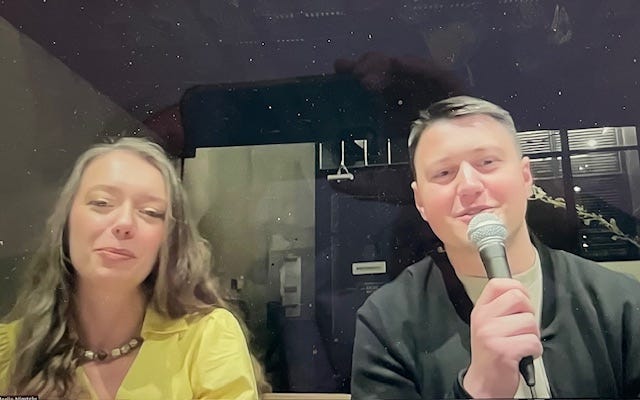
On Tuesday the University of Exeter ran an in-person and online launch for We Are Here, a deeply moving book of poems by the Ukrainian soldier poet Artur Dron’. The university formed an editorial team – including Fiona Benson (see Blog 19) – to help translate this major book. The translator, Yuliya Musakovska (also a poet I find remarkable), and the poet joined us from a studio in Lviv. Dron’ said that his book is not about war – it is about people impacted by war. It was a very special occasion, fortunately recorded.
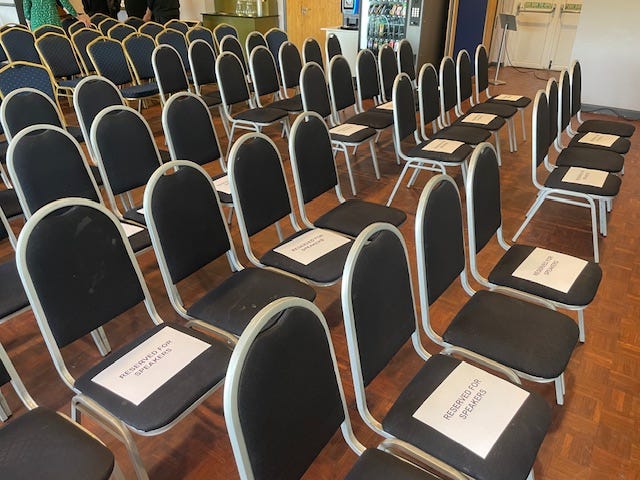
Wednesday 8 May was decision day for the White Cross wind farm’s application to bring a power transmission cable ashore at Saunton Sands and route it – across some of the most highly valued parts of our landscape – to a national grid substation to be built at Yelland. This involves complex engineering including tunnelling under the River Taw. The cable links to a Test & Demonstration wind turbine site on floating platforms 50 kms from Saunton in the Celtic Sea. On the one hand we had the urgent need for massively upscaled renewable energy and on the other the equally urgent need to protect our environment and its very special ecology. The project would impact on local businesses at Saunton, notably the holiday chalets beside the beach car park where the developer will be not only working but siting plant. Other routes were considered but this highly complex – and contentious – one was put forward by White Cross and had to be the basis of our decision. I featured a site visit by the North Devon Council’s planning committee in an earlier blog. As a member of that committee, I had to refrain from public comment on this project so as to avoid any hint of a predetermined view which would have rightly disqualified me from taking part in the decision on Wednesday. I was always going to be guided by the verdict of Natural England, a major consultee. When they finally approved the project, including the key hydrological aspects involved in traversing Braunton Marshes, I realised that I would have to vote in favour – which was, in any case, the recommendation of the case officer. There were impressive and passionate speakers on both sides of the argument. I found myself more convinced by those in favour – despite having good friends and highly respected colleagues on the other side. I seconded the motion to approve and gave the winding up speech. The result was 10-2 in favour with one abstention. Major infrastructure projects always have profound consequences. I know more about this than most as the magical brook of my childhood in mid-Sussex has vanished under billions of gallons of water thanks to the flooding of its valley in the 1970s to create the Ardingly Reservoir. And now we need urgently more reservoirs.
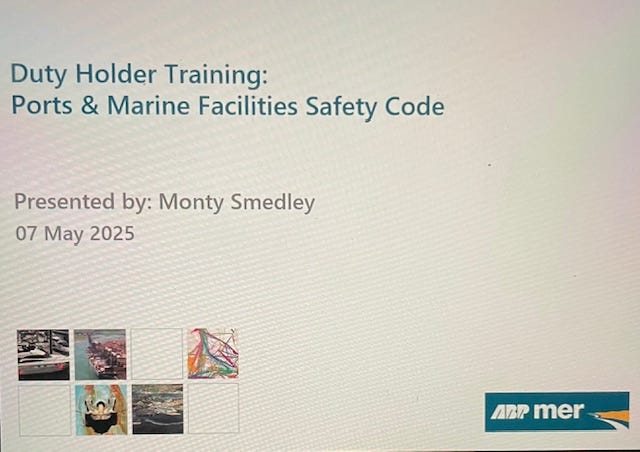
The planning committee meeting lasted five and a half hours, followed that evening by a mandatory Teams training session of almost two hours on the Marine Safety Code – as councillors we are legally responsible for our harbours at Ilfracombe and Lynmouth. We shall follow it up with a visit to the Ilfracombe Harbour Master to learn more.

Another webinar I attended this week was one organised by the Migrant Champions Network, which included the arresting graphic above.

Gaza continues to dominate each day – I despair of our government, which has been unable to take a moral stand on an issue in which right and wrong could not be clearer and the consequences of inaction more catastrophic.
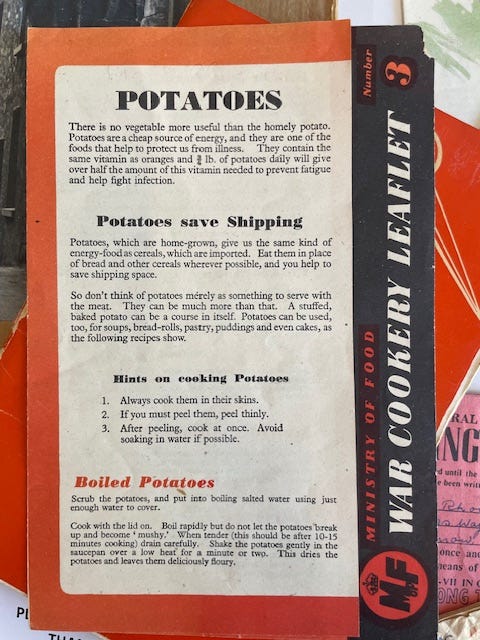
The Museum of Barnstaple and North Devon has a fascinating display for the 80th annniversary of VE Day. Among many touching exhibits I found something that reminded me of my father’s wartime work at the Ministry of Food – he was in charge of potato growing in the South East of England. I’m really not sure if he would approve of continuing to celebrate the ending of that distant war, despite the sacrifices his generation made.
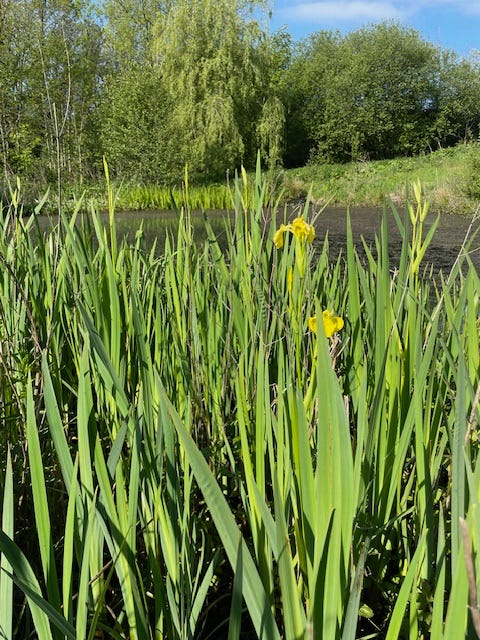
I’ve spent a lot of the week in meetings and have loved escaping when I can to our garden – especially now that the Irises have begun to flower. We made a pond for wildlife in 2010 and brought a Golden Willow home from Ashford Garden Centre in the back of the car as a young sapling that same summer. One afternoon I opened my Merlin app and left it on for half an hour. It identified the following birdsongs: Wren, Goldcrest, Collared Dove, Pheasant, Siskin, Coal Tit, Song Thrush, Robin, Wood-Pigeon, Blackcap, Blackbird, Goldfinch, Moorhen, Blue Tit and Spotted Flycatcher. How lucky we are. Thank you for reading.
